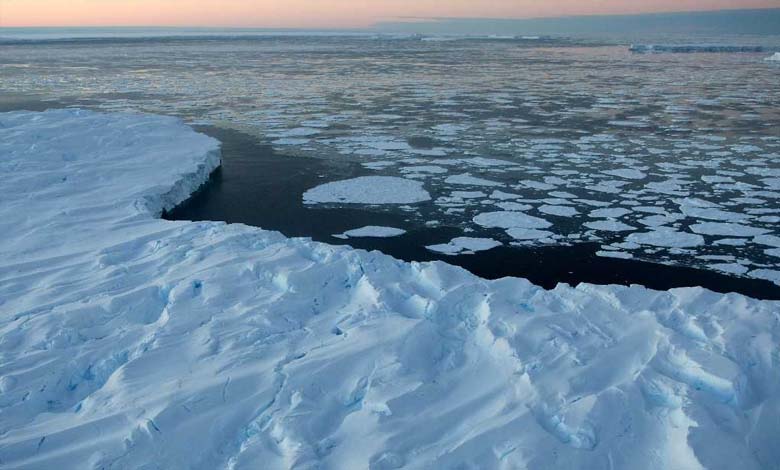By the End of the Century, the Earth May Lose Its Glaciers

A new study warns that more than half of the world’s glaciers could disappear by the end of this century due to climate change.
The study, conducted by scientists from the Swiss Federal Institute of Technology in Zurich and the Vrije Universiteit Brussel in Belgium, revealed that glacier melting poses a significant threat to the environment and human societies.
-
Climate Change Forces Italy and Switzerland to Redraw Their Borders
-
“Climate Change” Affects the Intensity of Rainfall and Hurricanes
To predict the future of glaciers, researchers used computer models to analyze the impact of climate change on over 200,000 glaciers worldwide, according to the British newspaper Daily Mail.
The study’s scenarios suggest that glaciers could lose approximately 25% to 29% of their mass by 2100. If high emissions persist, this figure could rise to 46% or even 54%.
European Alpine glaciers are expected to be among the most affected, potentially losing more than 75% of their mass. Meanwhile, polar regions such as Iceland and the Canadian Arctic may retain a larger portion of their ice by the end of the century, though they will also face substantial losses, according to the study.
-
Negative Impact of Climate Change on Poor Women and Housewives
-
How does climate change affect mothers and children worldwide?
The study also highlighted that this rapid decline has numerous negative effects on the environment, including dramatic changes to natural landscapes and the redrawing of geographical boundaries between nations, as recently seen between Italy and Switzerland due to glacier melting.
Professor Harry Zekollari, a glaciologist at Vrije Universiteit Brussel, stated that glaciers play a vital role in many regions by providing water and energy while also impacting natural hazards and tourism.
-
Climate Change Threatens Planet’s Largest Freshwater Reserves
-
Climate change endangers earth’s largest freshwater reserves
He added that glacier melting also contributes to rising sea levels, increasing the risk of flooding in coastal cities. Furthermore, the loss of glaciers means losing a critical source of freshwater upon which millions of people depend in their daily lives.
Glacier changes also lead to significant shifts in the ability to reflect sunlight. While white ice reflects solar rays, exposed plants and rocks absorb more solar energy, intensifying global warming. As a result, global temperatures rise, further accelerating climate change.
-
Climate Change Accelerates… Are There Solutions?
-
How does climate change affect the acidity of the Southern Ocean?












